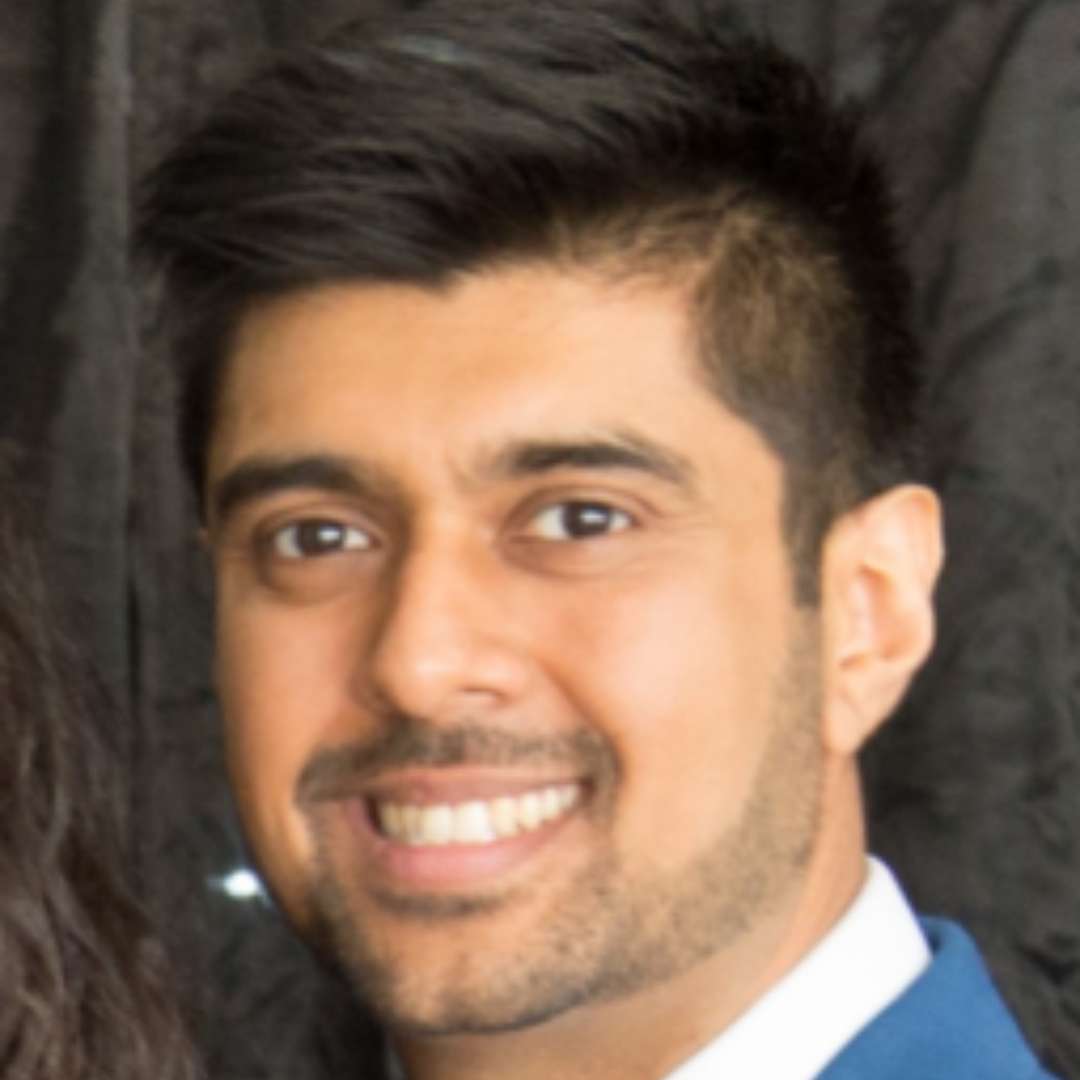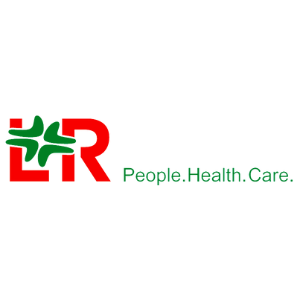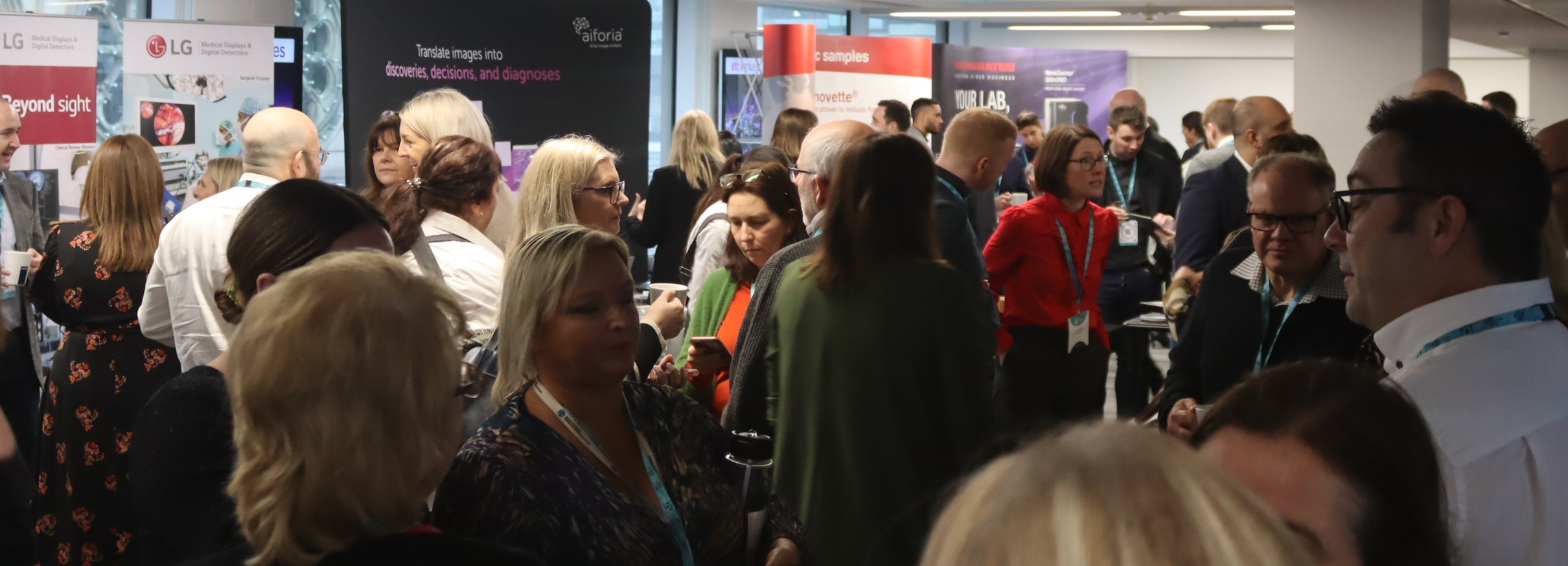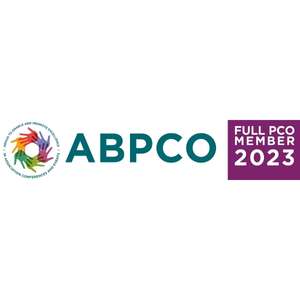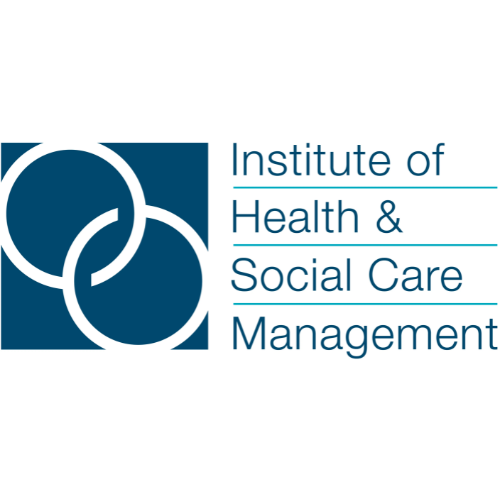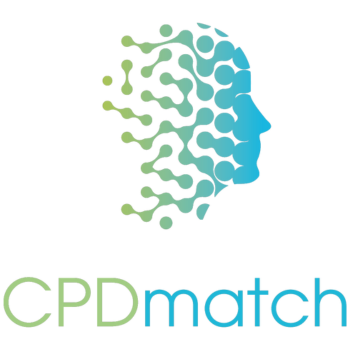The programme
08:00
Registration, Networking & Breakfast
Registration, Networking & Breakfast
09:00
Dr Gurnak Singh Dosanjh
GP
LLR ICB
09:05
Integrating Health and Social Care: Time to act
Professor Martin Green OBE
Chief Executive
Care England
Within this presentation Professor Martin Green will explore the opportunities for an integrated system that focuses on people and outcomes rather than organisations and processes.
09:25
ICB Leadership and Productivity Panel Discussion
Dr Gurnak Singh Dosanjh
GP
LLR ICB
Professor Craig Harris
Chief of Health and Care - Integration
Lancashire and South Cumbria Integrated Care Board
Linda Vernon
Lancashire & South Cumbria Integrated Care Board
Interim Head of Digital Empowerment
ICB Leadership and Productivity Panel Disscusion
Each Integrated Care System will have an Integrated Care Board, a statutory organisation bringing the NHS together locally to improve population health and establish shared strategic priorities within the NHS, this panel discussion will open the debate on leadership across ICS’s and ICB, s and aim to share key challenges and practical insights from across the system.
Panellists:
- Professor Craig Harris, Chief of Health and Care - Integration, Lancashire and South Cumbria Integrated Care Board (Confirmed)
- Linda Vernon, Interim Head of Digital Empowerment, Lancashire & South Cumbria Integrated Care Board (Confirmed)
- Dr Gurnak Singh Dosanjh, GP and ICB Clinical Lead for Home First, Leicester, Leicestershire and Rutland ICB (Confirmed)
10:05
ICS Command Centre: A Key Tech Enabler for Integrated Care Systems
Martin Taylor
Deputy CEO and Co-Founder
Content Guru
In today’s NHS and ICS landscape, healthcare organisations must work together to deliver better patient outcomes alongside unheralded levels of efficiency. Technology, properly designed and applied, is the enabler of the joined-up service provision that patients, health leaders and policy makers are seeking.
At the heart of an ICS should lie the command centre – a secure technology platform connecting patients, healthcare professionals, distributed digital devices and clinical record systems. The cloud-based technology behind the command centre is already at work nationally, transforming NHS England’s 999 and 111 delivery through the national IRP and SVCC programmes. Now the scene is set to deploy services scaled for the ICS level, enabling primary care, acute hospitals, mental health, community and social care to work in harness for improved whole system outcomes.
In this speaker session, Martin Taylor will summarise the IRP and SVCC programmes and explore how virtual front doors, back doors and wards, delivered with integration and intelligent automation, can enable transformative change at the same time as realising the cost savings necessitated by economic constraints.
10:40
Morning Break, Networking & Refreshments
Morning Break, Networking & Refreshments
11:40
Chairs Morning Reflections
Dr Gurnak Singh Dosanjh
GP
LLR ICB
Chairs Morning Reflections
11:45
Workforce and clinical transformation through partnership working
Rhonda Bradder
Regional Commercial Manager
L&R Medical UK
Wound care accounts for around 50% of the community nursing workload.
Find out how South West Yorkshire Partnership Trust partnered with L&R to implement a self care model to improve leg ulcer service provision. The model reduced the demand on workforce capacity, improved service efficiencies and reduced patient contact to once every 6 weeks.
12:05
Improving Patient Pathways
Ben Showers
Partner
TPXimpact
David Robson
Senior Service Designer
TPXimpact
Creating a simple, consistent and integrated experience for all
Buckinghamshire Healthcare NHS Trust (BHT) undertakes millions of patient contacts each year, ensuring it is able to deliver the best experience for its patients and staff is vital. In this session, TPXimpact expand on their discovery project to understand the patient experience across two example clinical pathways: Cancer and Gynaecology with the aim of using this insight to improve the patient journey.
12:25
Delivering education and training for whole systems integrated frailty care pathways.
Martina Lagu Yanga
Head of Medical Education and Training
Epsom and St Helier University Hospitals NHS Trust
Dr Mohamed ELOKL
Consultant in Geriatric Medicine and Frailty
Epsom and St Helier NHS Trust (ESTH)
Frailty care is one of the NHS priorities delivered through the integrated care pathway owing to demographic changes in the UK. There is therefore a need for training in frailty awareness, education and practice across different disciplines and professions. Our aim is to develop a well-structured training programme that promotes a common language across all sectors to support embedding enhanced clinical skills and competencies to meet the needs of individuals living with varying degrees of frailty to support improved health outcomes.
At a recent Whole Systems Sutton Frailty engagement event held in September and attended by 77 multi-professional health and social care workers, we identified gaps in training and education in frailty across the workforce. As part of the integrated care systems approach there is urgent need for formal multi-disciplinary education and training in different aspects of frailty care and in caring for older people living with different levels of frailty.
We are developing a framework that offers a range of educational activities to support integrated care pathways in frailty. There is learning opportunity at every step in the frail person’s journey and the aim is to develop a comprehensive suite of educational and training programme that reflects that journey. The programme has potential for implementation and scale-up delivered to a multi-professional workforce in a multidisciplinary and interactive way. The programme will cover the frailty core capabilities framework as well as lectures, simulations and specialty specific MDT study days bringing together Acute frailty service, front door frailty services and community frailty services.
12:45
Patient engagement at the heart of long-term conditions care. How might we integrate to deliver on this at scale?
Jack Chilcott
Healthcare Transformation Director, Customer Experience & Innovation
Publicis Sapient
A remotely delivered type-2 diabetes enhanced PCN service case study.
The NHS already has access to huge numbers of fantastic point solutions, platforms, and valuable data.
Unless the system allows people to flexibly connect and configure the most relevant pieces available for better conversations and relationships that solve their personal care challenges; improved and sustainable long-term outcomes at scale will not be possible due to breakdown of communication, inefficiencies, ability to rapidly adapt, poorer experiences, and ultimately lack of engagement.
By co-designing and implementing for the right human needs in a modular way; digital and data can create the necessary time and space for trusted, empathetic, and caring relationships that begin to solve these issues, all whilst enabling continuous improvement through real-world measurement, iteration, and scale.
14:00
Dr Gurnak Singh Dosanjh
GP
LLR ICB
14:05
Boston Neighbourhood Team: Empowering our community to drive change through grass roots integration
Neil Baker
Specialist Neighbourhood Practitioner
Lincolnshire Community Health Services NHS Trust
Jenny Streather
Primary Care Network OT
Boston Primary Care Network
Prior to the Covid 19 pandemic the Boston Neighbourhood team was set up with the collaboration of the Boston Primary Care Network. The pandemic cemented the team within the local community. From homeless covid vaccination programmes to Falls projects for the elderly population the Neighbourhood team have been working together with multiple agencies for the last three years to build and deliver a sustainable project to help the demographics of their population through networking, breaking down walls and a complex matrix management structure to better serve the people of Boston.
The team provide neighbourhood working at a grass roots level amongst the rural population of Boston in Lincolnshire. We will be discussing how multiple NHS care services and community stakeholders are collaboratively working together to tackle health inequalities and the unseen population within the town.
We will be reflecting about how as a Boston Neighbourhood collective we deliver effective patient specific outcomes as well as driving change, shifting attitudes within care and social care whilst developing health education opportunities. Recognising the importance of challenging organisations to embrace a solution focused approach over a task focused remit and putting people at the centre of everything we do.
14:35
Improving care and outcomes with Technology Panel Discussion
Dr Hatim Abdulhussein
Medical Director and National Clinical Lead for AI and Digital Workforce
Health Innovation Kent Surrey Sussex and NHS England
Abigail Knight
Strategic Programme Lead – Integrated Child & Family Health Consultant in Public Health MFPH
Barnardo’s
Improving care and outcomes with Technology Panel discussion
Technology is very much at the centre of ICS development and transformation and is being used to help Improving care and outcomes, enable collaboration and raising standards and help identify areas of health inequalities.
Panellists:
- Abigail Knight, Strategic Programme Lead – Integrated Child & Family Health Consultant in Public Health MFPH, Barnado's (Confirmed)
- Dr Hatim Abdulhussein, National, Clinical Lead for AI and Digital Workforce and Medical Director, NHS England and Kent Surrey Sussex Academic Health Science Network (Confirmed)
15:00
Drinks Reception, Networking and End of Day
Drinks Reception, Networking and End of Day






